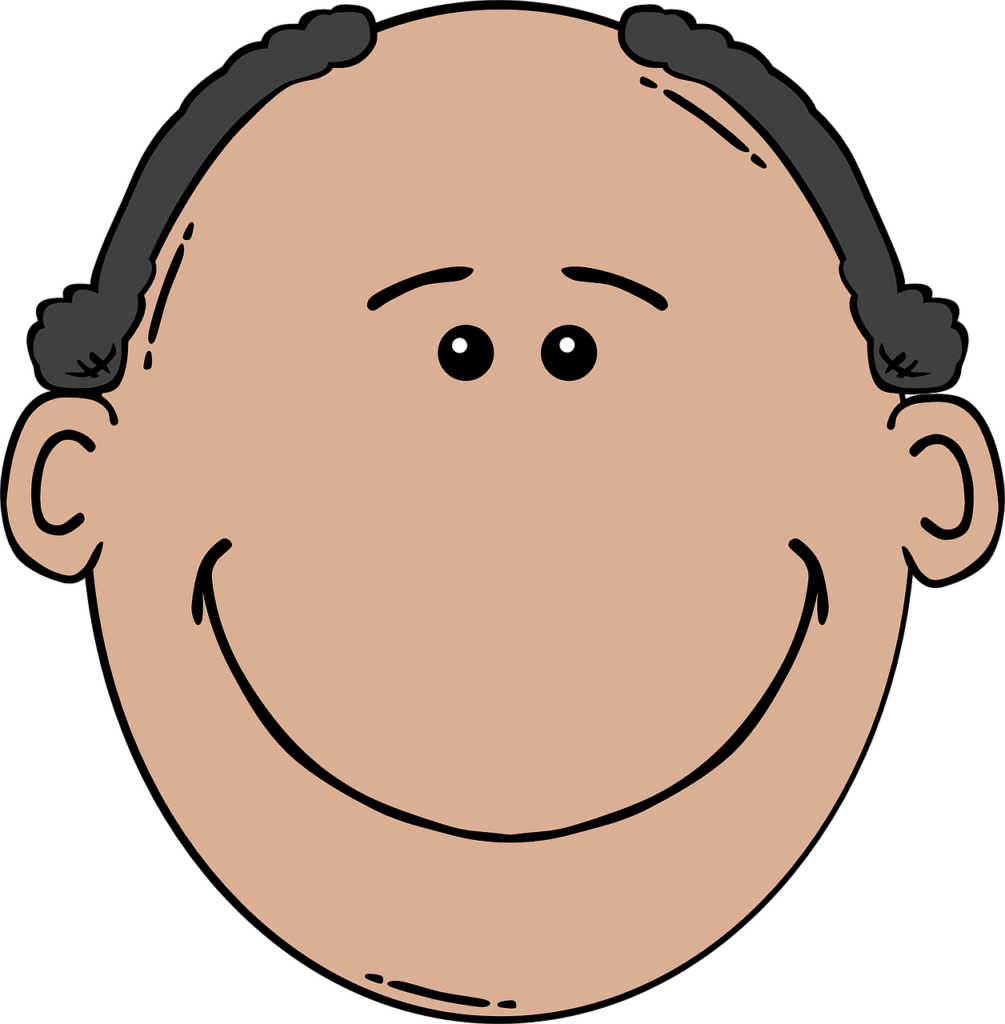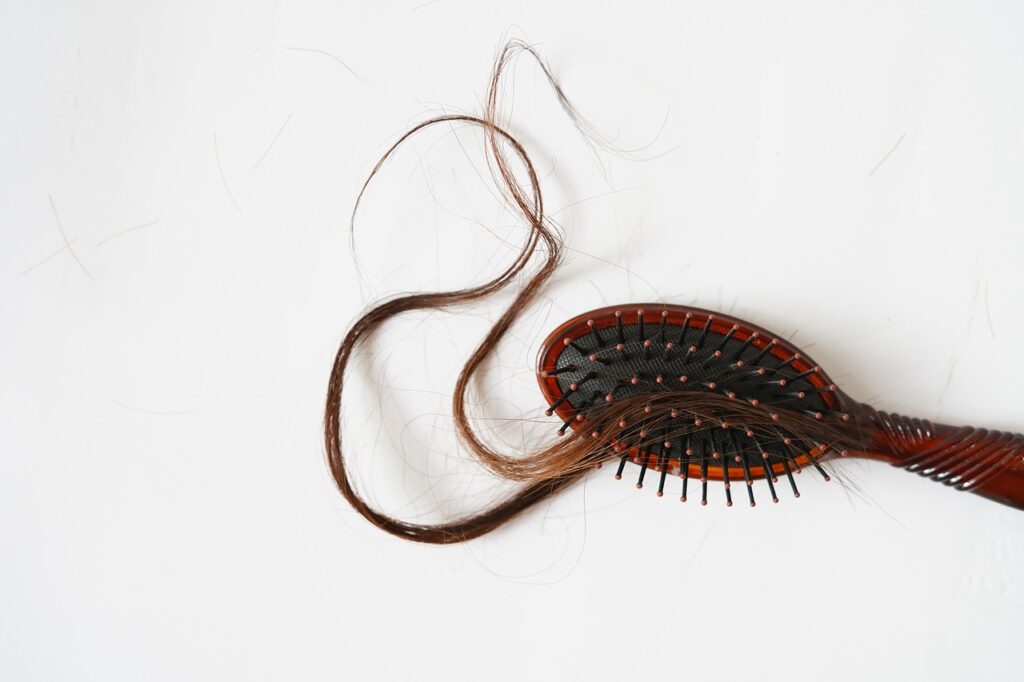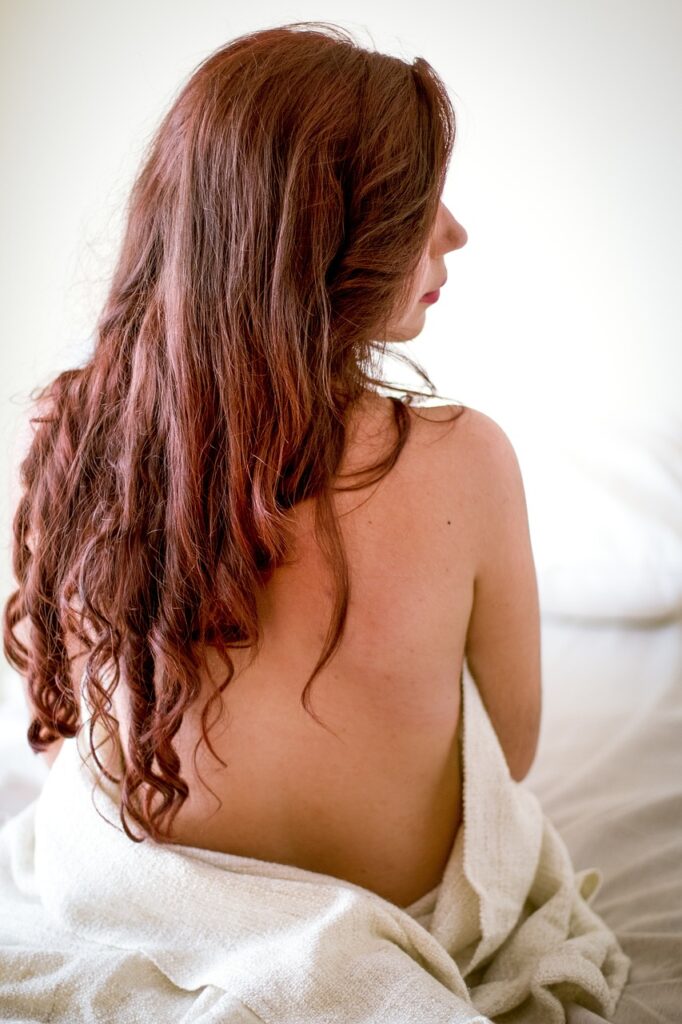Understanding Alopecia Areata and Exploring Homeopathic Treatment Options

Introduction
Alopecia areata is a condition that affects millions of people worldwide, causing hair loss and often impacting one’s self-esteem and overall quality of life. It’s classified as an autoimmune disease rooted in the body’s immune system mistakenly attacking hair follicles. While modern medicine offers various treatments for alopecia areata, including corticosteroids and immunotherapy, some individuals seek alternative approaches like homeopathy. Let’s explore the ins and outs of alopecia areata, its conventional treatments, and the potential benefits of homeopathic remedies.
What is Alopecia Areata?
Alopecia Areata Definition
Alopecia areata, an autoimmune disease, is sudden, unpredictable hair loss. It derives its name from the Latin word “alopecia,” meaning hair loss, and “areata,” which translates to “occurring in patches.” This condition affects millions of individuals of all ages, genders, and ethnic backgrounds, and it often manifests as round, bald patches on the scalp, eyebrows, eyelashes, or any other part of the body with hair follicles.
Symptoms of Alopecia Areata

Alopecia Areata Symptoms
The primary symptom of alopecia areata is, of course, hair loss. However, it can manifest differently in each individual. Common signs and symptoms include:
- Round, Smooth Bald Patches: Small, round areas of hair loss that may gradually expand over time.
- Nail Changes: Some people with alopecia areata may notice pitting or dents in their nails.
- Regrowth: In some cases, hair may regrow, only to fall out again, leading to a fluctuating pattern of hair loss.
- Itching or Tingling: Some individuals report itching or a tingling sensation in the affected areas before hair loss occurs.
What Causes Alopecia Areata?
The Autoimmune Connection
Alopecia areata is fundamentally an autoimmune disease that takes place when the body’s immune system mistakenly attacks its tissues, such as hair follicles. The exact cause remains elusive, but genetic factors, environmental triggers, and a malfunctioning immune response all play a role. It is unrelated to poor diet, stress, or hair care practices.
Section 4: Treatment for Alopecia Areata
Alopecia Areata Treatments
Conventional medicine offers several treatment options for alopecia areata, depending on the severity and individual response. These treatments aim to suppress the autoimmune response and promote hair regrowth. Some common approaches include:
- Corticosteroids: These anti-inflammatory drugs can be applied topically, injected into the affected areas, or taken orally.
- Topical Immunotherapy: A solution like diphencyprone (DPCP) is applied to the scalp to induce an allergic reaction and stimulate hair regrowth.
- Topical Minoxidil: This over-the-counter medication promotes hair regrowth and is commonly applied directly to the scalp.
- Platelet-Rich Plasma (PRP) Therapy: PRP involves using the patient’s blood components to stimulate hair follicles.
- JAK Inhibitors: These medications target specific immune pathways and in clinical trials have shown promising results.
- Hair Transplants: In severe cases, hair transplant surgery can be an option to fill bald areas.
While these treatments can be effective, they may have various side effects and varying degrees of success.
The Role of Homeopathy in Treating Alopecia Areata
Exploring Alternative Approaches
Homeopathy is a promising avenue for individuals seeking holistic and alternative treatment options. Homeopathy is a system of natural medicine that utilizes the body’s natural capacity to heal itself. It uses highly diluted natural substances to stimulate the body’s vital force, promoting balance and well-being.
In the world of homeopathic medicine, several remedies have been found to offer potential relief for the challenging condition known as alopecia areata. These remedies are carefully selected based on the unique symptoms and constitution of the individual, highlighting the personalized approach of homeopathy in addressing health concerns. Let’s look at some of these remedies and how they may benefit those with alopecia areata.
Fluoric Acid: This homeopathic remedy falls under the category of alopecia areata, and it is beneficial for individuals experiencing hair fall in patches all over the scalp. It is worth noting that this remedy can be beneficial during typhoid fever, where excess hair fall is typical. If you find that your hair appears lustreless, with dry ends, splits, and breaks,
Fluoric Acid might be the right choice. This remedy tends to worsen in warm temperatures and improve in colder climates. It is available in potencies ranging from 6C to 30C, with a recommended dosage of 3-5 pills, depending on the condition, taken three times a day.
Calcarea Carbonica: Another homeopathic remedy suitable for alopecia areata is Calcarea Carbonica. This remedy is indicated for hair loss occurring in spots or patches scattered across the scalp. It’s commonly associated with bald spots, especially on the sides and back of the head. Additionally, this remedy might offer relief if you have an excessively sweaty scalp. Symptoms tend to worsen with mental or physical exertion and washing the hair.
On the other hand, improvement is often observed in dry climates. Calcarea Carbonica is available in potencies ranging from 30C to 200C, 1M, and 10M. Depending on the condition, the recommended dosage is 3-5 pills taken three times daily.
Phosphorus: If your scalp is covered with dandruff and hair falls out in patches, leaving bald spots here and there, Phosphorus may be a suitable homeopathic remedy for you. This remedy is often indicated when hair loss is associated with sensitivity to touch, mental and physical exertion, and warmth. Improvement is typically seen in colder temperatures and after washing. Phosphorus is available in potencies ranging from 3C to 30C, with a recommended dosage of 3-5 pills, depending on the condition, taken thrice daily.
Lycopodium: Lycopodium is a homeopathic remedy that addresses hair loss over the top of the scalp. It may be indicated when eruptions on the scalp bleed and ooze a yellowish or watery discharge. This remedy is also associated with premature baldness and greying of hair. Symptoms tend to worsen in heat and improve in colder conditions. Lycopodium is available in potencies ranging from 6C to 200C, with a recommended dosage of 3-5 pills, depending on the condition, taken thrice daily.
Vinca Minor: Vinca Minor may offer relief for those experiencing hair falling out in spots and grey hair regrowing, along with hair matting together and violent itching on the scalp. This remedy can be particularly beneficial in cases where the scalp has eczema. It is available in potencies ranging from 3C to 30C, with a recommended dosage of 3-5 pills, depending on the condition, taken three times a day.
How I Cured My Alopecia Areata with Homeopathy
Let’s delve into a personal story that illustrates the potential benefits of homeopathy in treating alopecia areata.
Meet Sarah, a 35-year-old woman who has been battling alopecia areata for several years. She had tried various conventional treatments without much success and was becoming increasingly frustrated. Desperate for a solution, she explored alternative therapies, including homeopathy.
Sarah consulted a skilled homeopathic practitioner who thoroughly assessed her physical, emotional, and mental state. Unlike conventional medicine, which often treats symptoms in isolation, homeopathy aims to address the whole person, considering their unique constitution and the root causes of their condition.
Sarah’s homeopathic treatment began with a homeopathic remedy carefully selected based on her individualized symptoms and constitution. She received ongoing support and adjustments to her treatment plan as her body responded.
Over the course of several months, Sarah started to notice changes. New hair growth appeared in the previously bald patches, and her overall sense of well-being improved. Her homeopathic journey was not just about physical healing but also about emotional and mental balance. Sarah felt more resilient and at peace with herself.
While Sarah’s experience is anecdotal, it highlights the potential benefits of homeopathy in treating alopecia areata, especially when conventional treatments have fallen short.

Benefits of Homeopathy for Alopecia Areata
Why Consider Homeopathy?
Homeopathy offers several potential benefits for individuals with alopecia areata:
- Individualized Treatment: Homeopathy tailors treatment to the individual, considering the physical symptoms and emotional and mental well-being. This personalized treatment may lead to better outcomes.
- No Harmful Side Effects: Homeopathic remedies are highly diluted and generally considered safe, with no known side effects.
- Holistic Healing: Homeopathy focuses on the root causes of a condition rather than just alleviating symptoms. This holistic approach can lead long-term improvements in overall health.
- Emotional Support: Hair loss can be emotionally distressing. Homeopathy addresses emotional aspects, promoting a sense of well-being and confidence.
- Exploration of Triggers: Homeopaths often explore potential triggers for the condition, such as stress or trauma, and work to resolve them.
It’s essential to note that homeopathy is an individualized treatment and not a one-size-fits-all solution, and results can vary from person to person. Additionally, it’s crucial to consult with a qualified homeopathic practitioner for a thorough evaluation and tailored treatment plan.
Conclusion
Alopecia areata is a challenging condition to navigate physically and emotionally. While conventional treatments have their merits, exploring alternative approaches like homeopathy can provide hope for those seeking a holistic, individualized approach to healing.
Remember that the journey to managing alopecia areata is unique for each person, and there is no one-size-fits-all solution. If you’re considering homeopathy or alternative therapy, consult a qualified practitioner to explore your options and create a personalized treatment plan.
Ultimately, whether you choose conventional treatments or holistic approaches, the most important thing is to prioritize your well-being and self-acceptance. Alopecia areata does not define you, and with the proper support, you can embrace your unique beauty and resilience.
For any queries, reach out to us at contact@homeopathic.ai
This article is for information purposes. It’s crucial to note that while homeopathy is a centuries-old practice with many adherents worldwide, always consult a qualified homeopath or medical professional before initiating any treatment.







